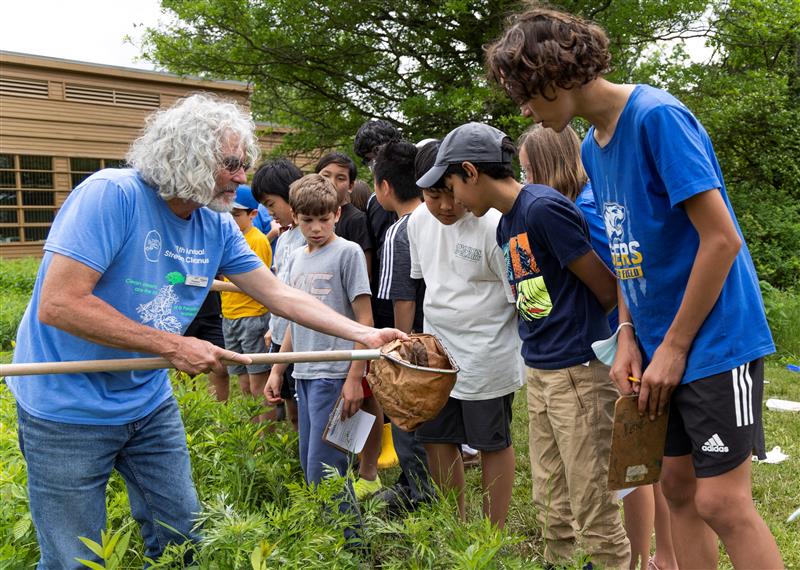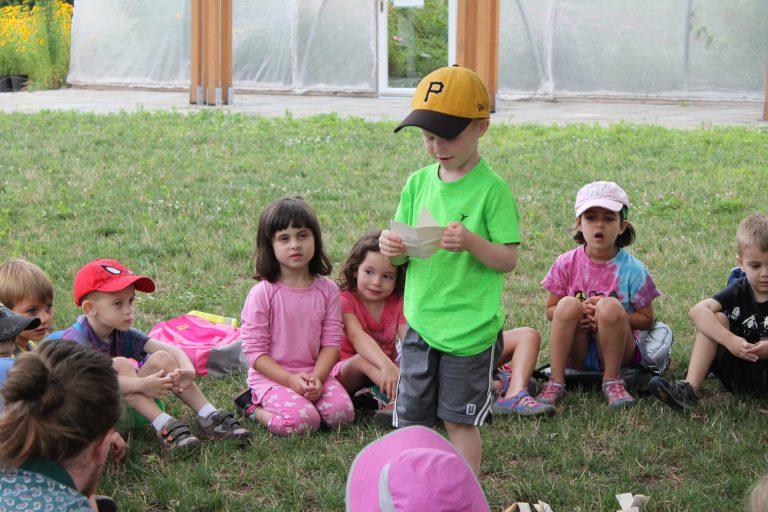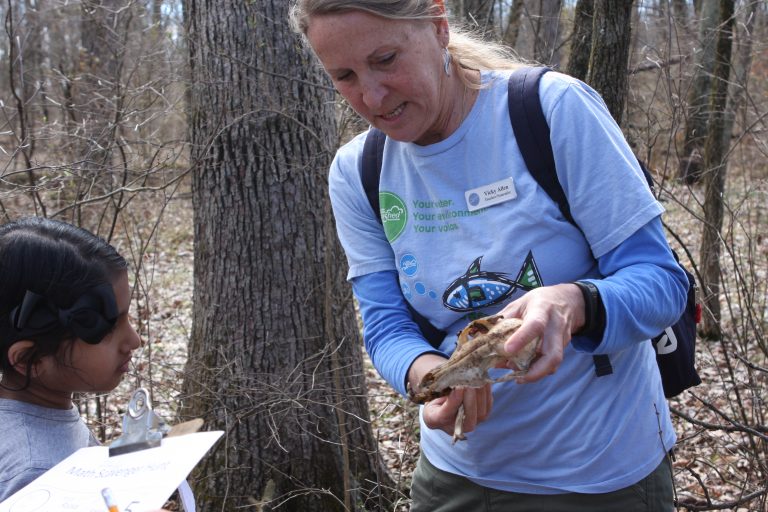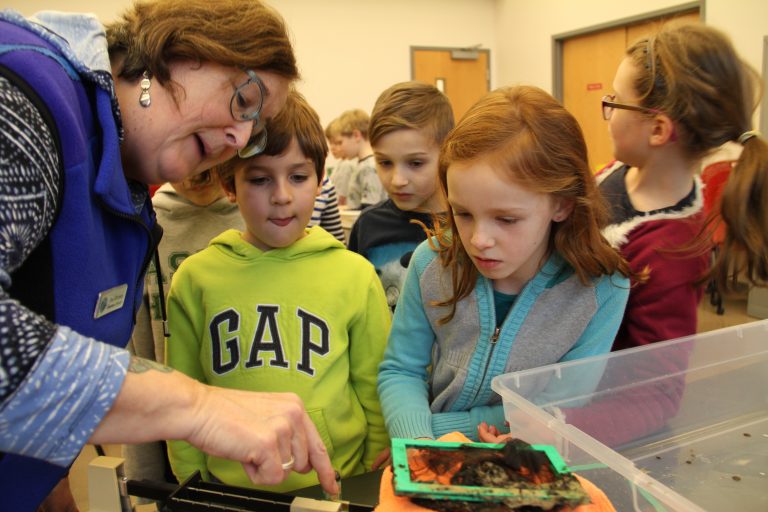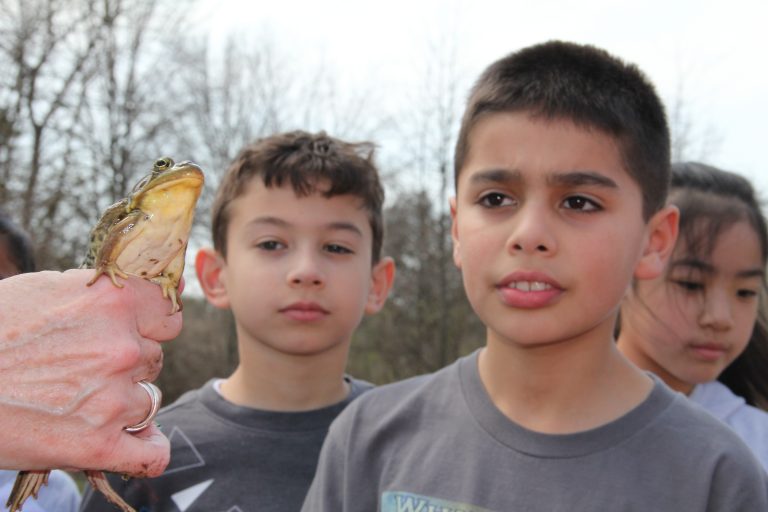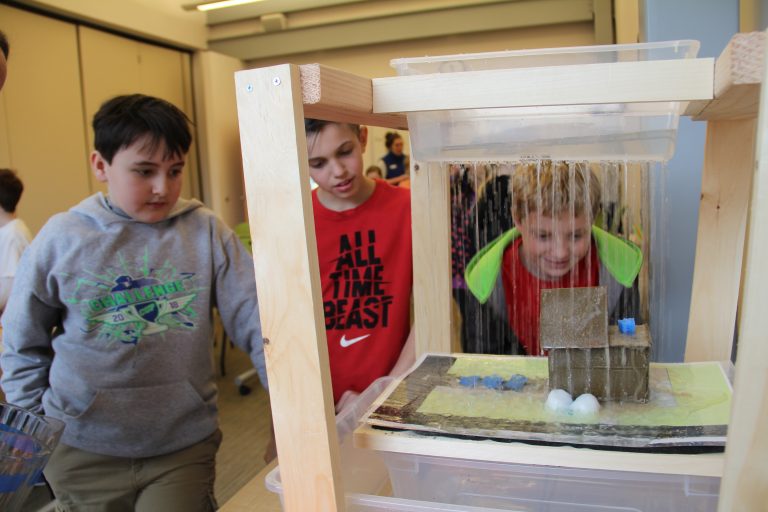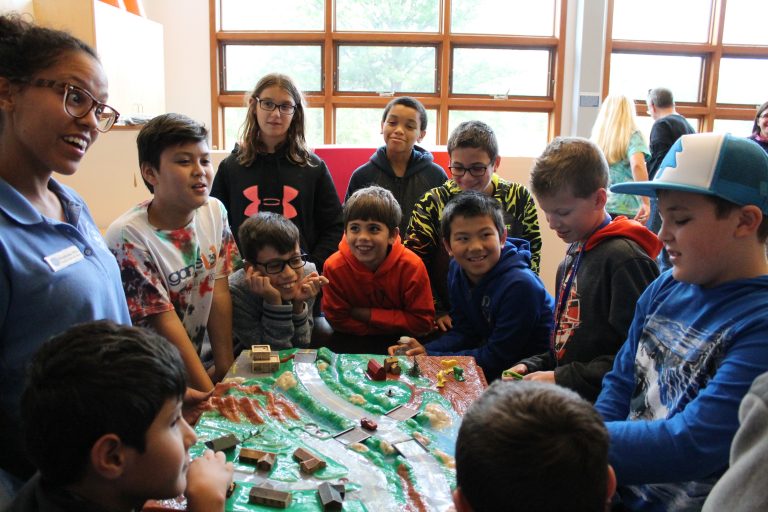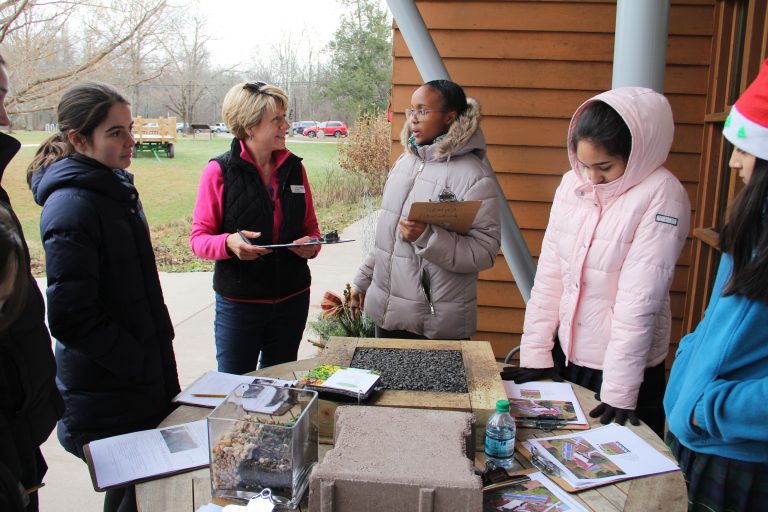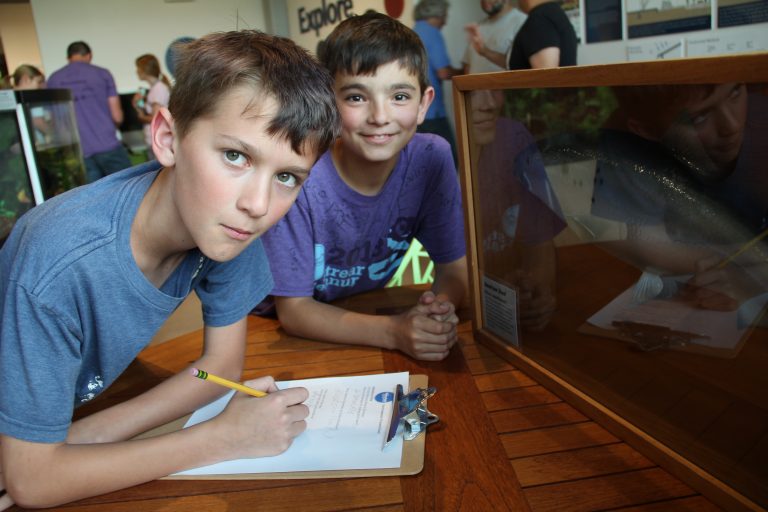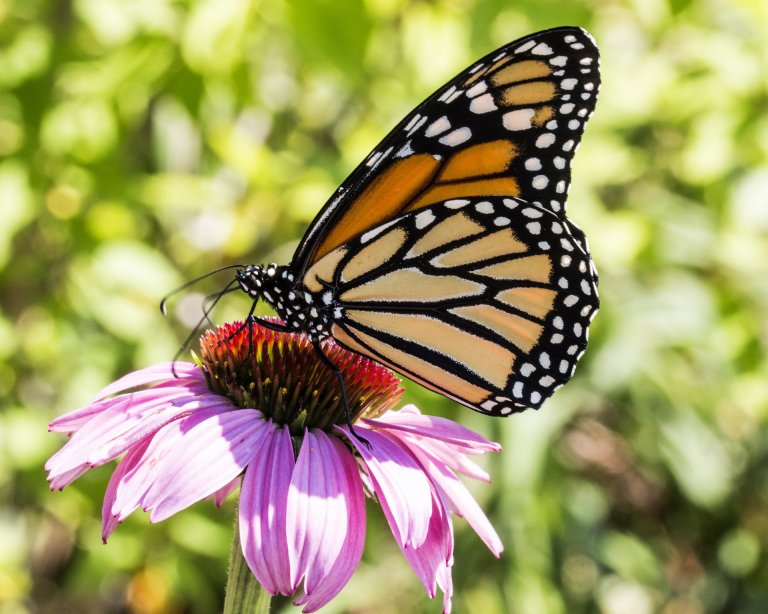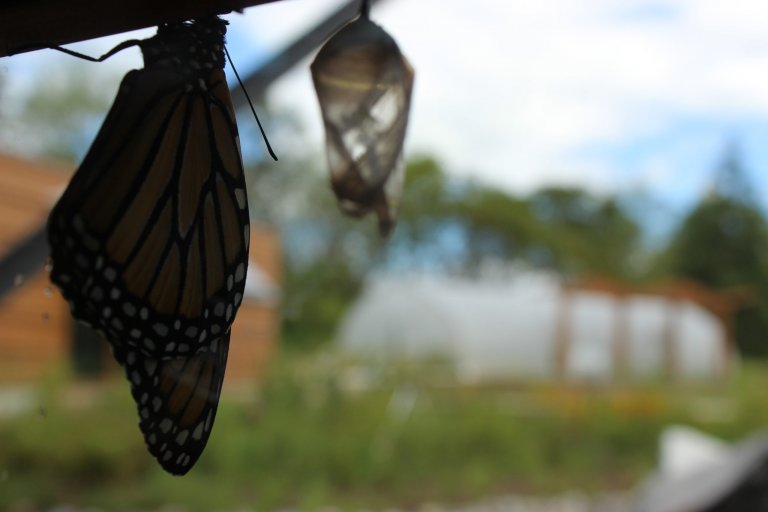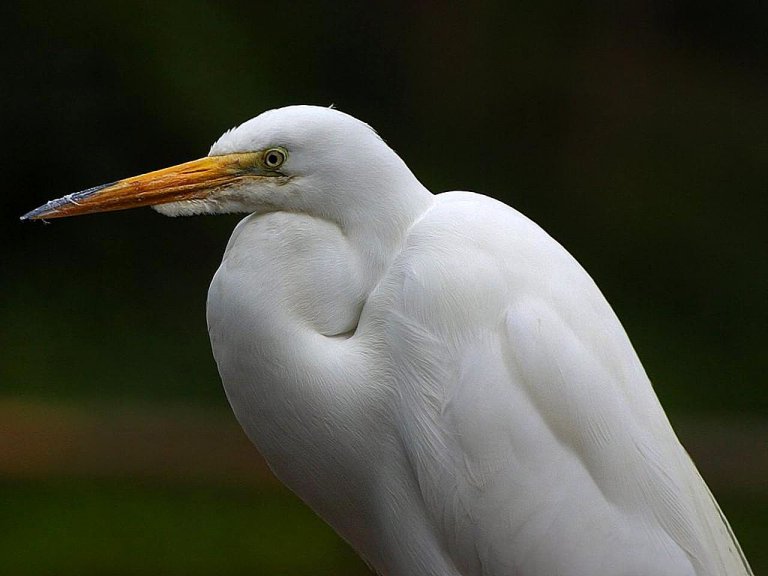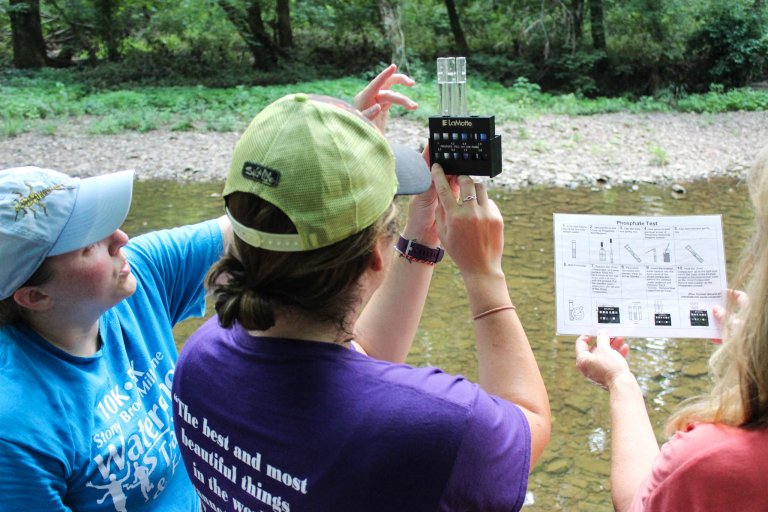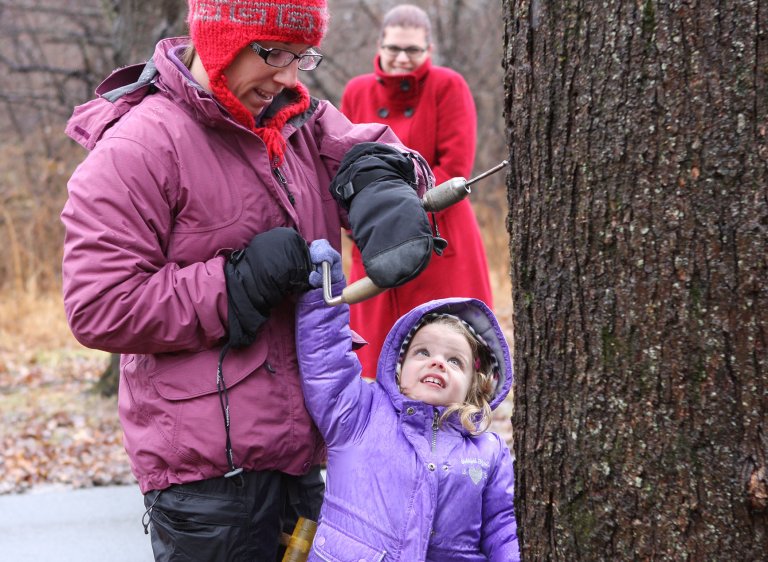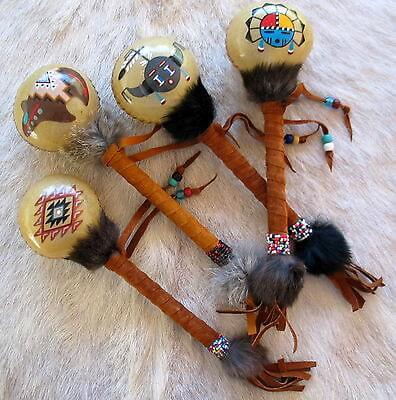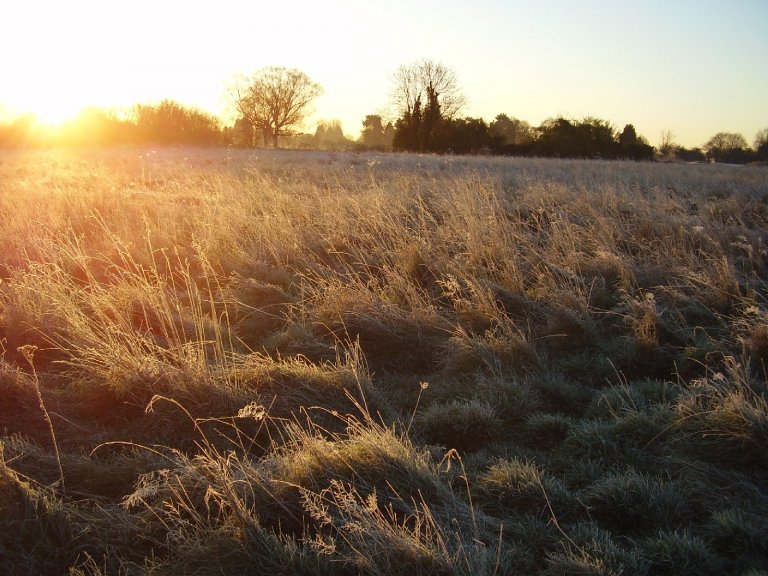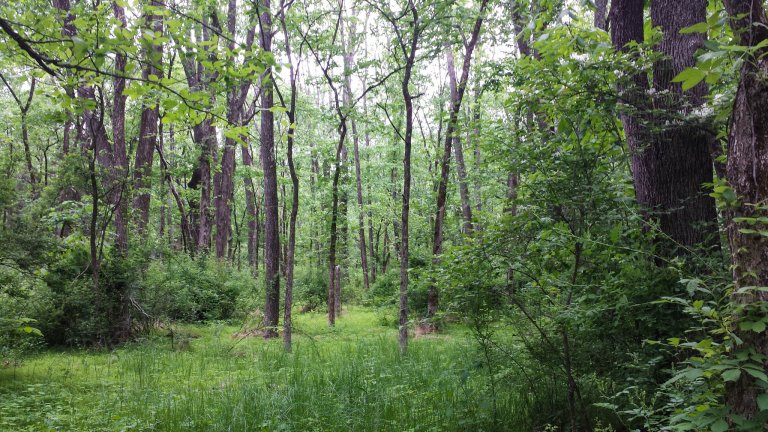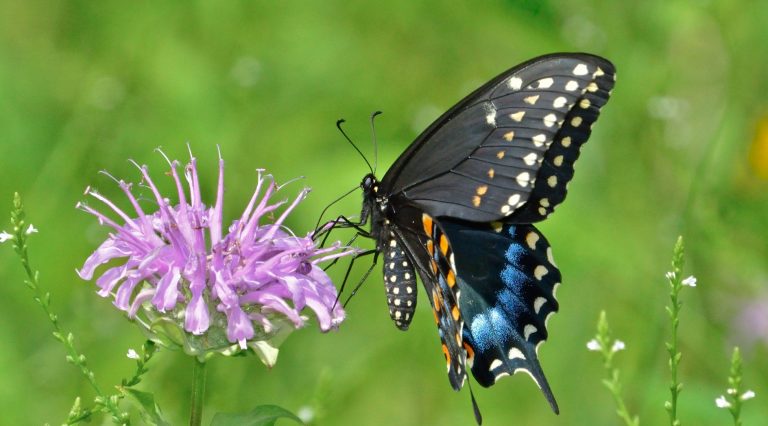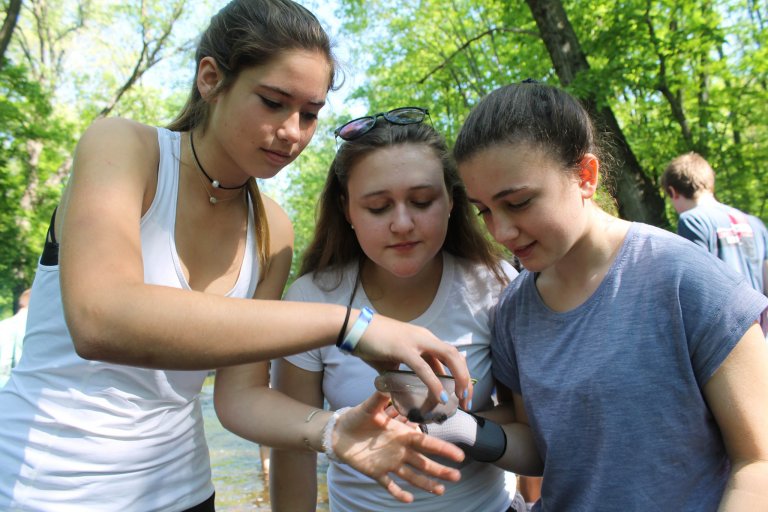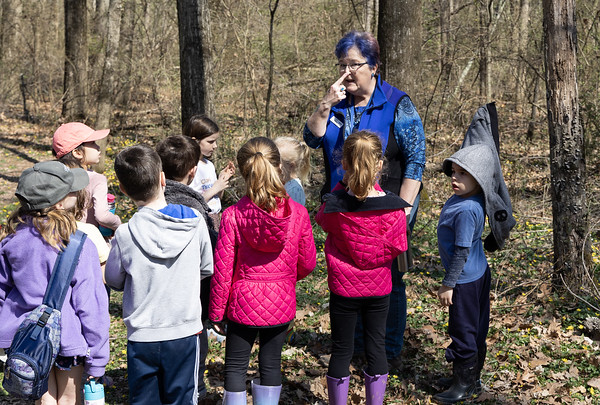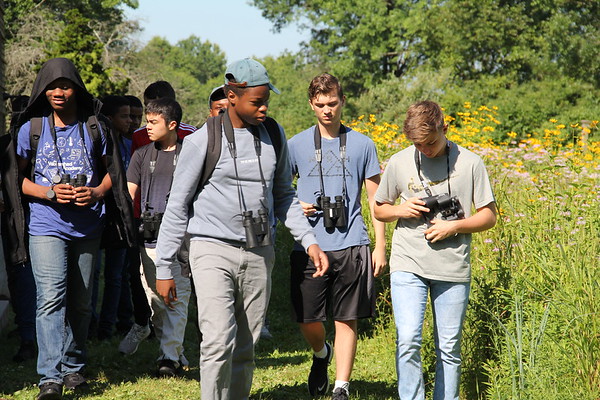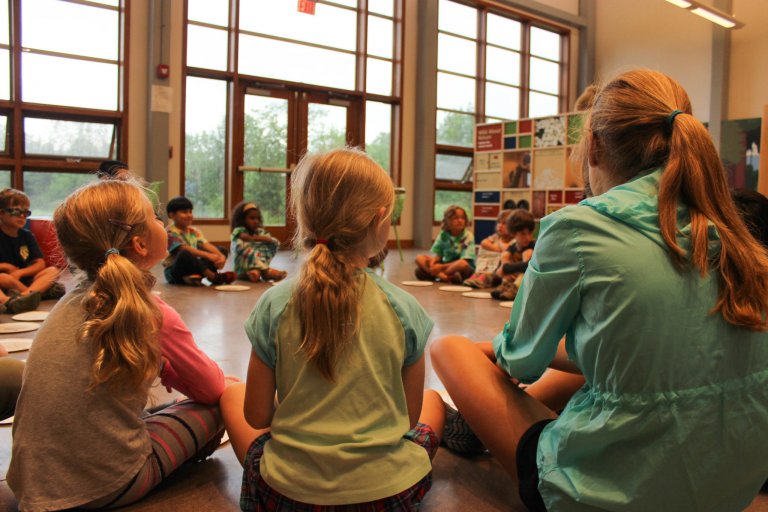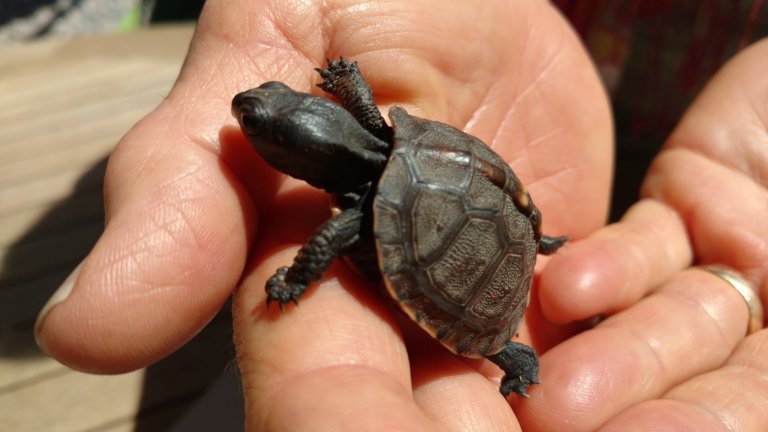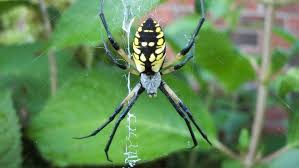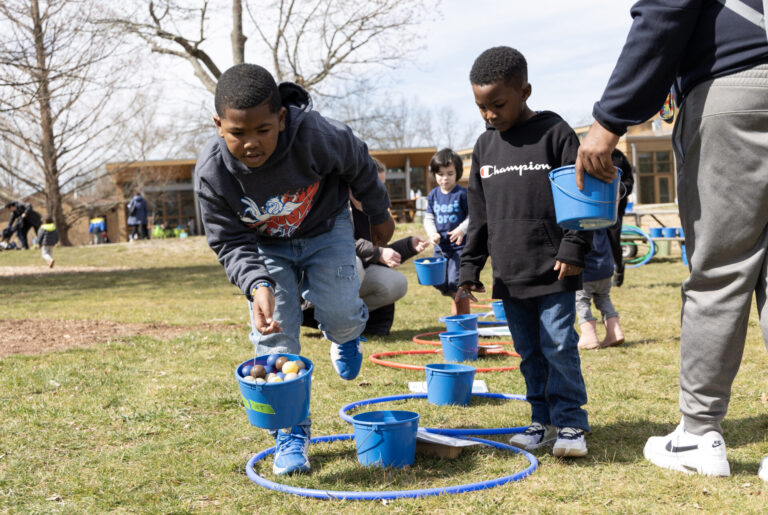The Watershed Institute offers programs aligned with the Next Generation Science Standards as well as traditional inquiry and nature discovery programs. Embrace scientific inquiry and discovery on our 950-acre Watershed Reserve and in the LEED Platinum-certified Watershed Center.
Full-Day and Multi-Day NGSS Programs
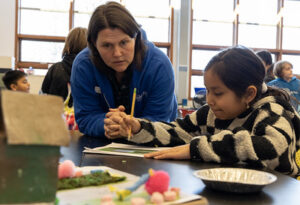 The Watershed Institute educational provides curricula based on the science and climate change standards adopted in New Jersey and other states. The Next Generation Science Standards are designed to improve science education for all students. Students work and think like scientists and engage in the three dimensions of science learning – science and engineering practices, crosscutting concepts and disciplinary core ideas.
The Watershed Institute educational provides curricula based on the science and climate change standards adopted in New Jersey and other states. The Next Generation Science Standards are designed to improve science education for all students. Students work and think like scientists and engage in the three dimensions of science learning – science and engineering practices, crosscutting concepts and disciplinary core ideas.
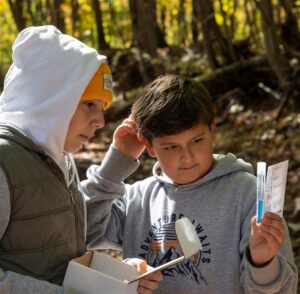 Many of our NGSS school programs were developed and piloted in partnership with the Hopewell Valley School District. Our programs promote critical thinking, collaboration, and communication skills. The topics range from examining human impacts on the environment and constructing scientific models, to finding and engineering solutions to real-world problems. We are available for consultation, with years of experience teaching these and other programs to elementary, middle and high school classes.
Many of our NGSS school programs were developed and piloted in partnership with the Hopewell Valley School District. Our programs promote critical thinking, collaboration, and communication skills. The topics range from examining human impacts on the environment and constructing scientific models, to finding and engineering solutions to real-world problems. We are available for consultation, with years of experience teaching these and other programs to elementary, middle and high school classes.
Our Climate Change education programs will help teachers meet the NJ climate standards. New Jersey became the first state in the nation to include climate change across content areas. These standards are designed to prepare students to understand how and why climate change happens, the impact it has on our local and global communities and to act in informed and sustainable ways. Our innovative programs use best practices to include authentic learning experiences and promote action.
NGSS and Climate Change programs are available immediately, with additional course selections being developed. We also offer our traditional, nature-based favorites for schools. We invite your inquiries about partnerships.
For pricing information or to book your school trip to the Watershed Reserve complete the form below, or contact Anna Hill, Education Manager:
[email protected] or 609.737.3735 ext. 42.

